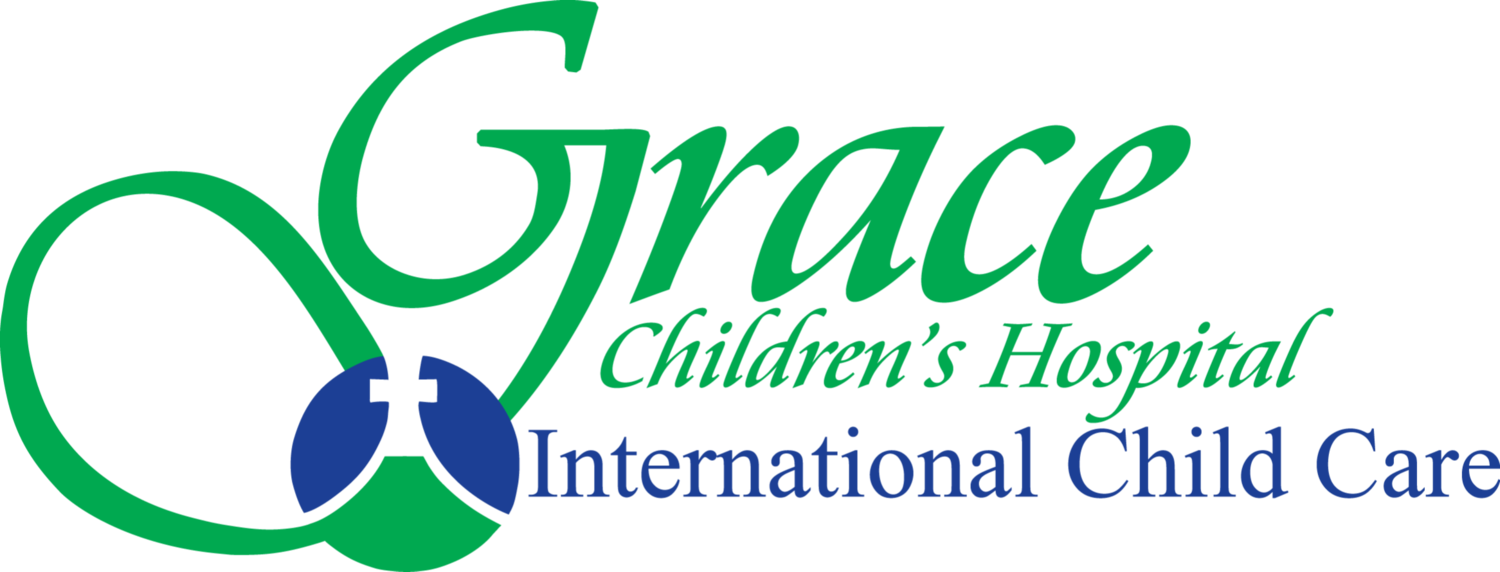By Liz Willding, ICC Board Member
GCH Public Relations Coordinator Robenson Lucceus using food stamps to purchase rice at a local grocer. Food prices are up more than 20% over 2018.
No stranger to disasters, the resiliency of the Haitian people is truly inspiring. Yet again they are facing a huge challenge to their very survival. Having weathered so many natural disasters over the last decades, Haiti now faces an unprecedented economic inflation crisis which is impacting all citizens as the cost of basic items such as food and fuel spiral out of control.
According to the latest Consumer Price Index (CPI) calculated by the Haitian Institute of Statistics and Informatics (IHSI), Haiti’s overall monthly inflation rate in February 2019 accelerated up sharply, reaching 17.0% versus 11.0% in February 2018, due in particular to the rising price of food, clothing, fuel and other household items (all up approximately 20.0% over 2018), as well a 33.8% increase in health care drugs and a 16.7% increase in glasses and hospitalization costs.
To conceptualize the impact on families, consider that a medium size bag of rice went up 200 gourdes ($2.38 USD), with a gallon of gas approximately $3.00. When the government attempted to sharply increase the price of fuel earlier this year, this triggered widespread protests throughout the country. With the average annual income of most Haitians estimated at just $1800 (USD), the escalating prices are clearly beyond the reach of the vast majority of people, resulting in widespread hardship and hunger.
This level of inflation continues without a clear end in sight, resulting in ongoing social unrest and severe economic constraints.
Grace Children’s Hospital has felt the impact, with many of its own staff being challenged to feed themselves and their families. Higher prices have also made it challenging to operate the facility and provide meals for inpatients and staff.
To offset this crisis, International Child Care provided emergency funds in February, doubling our monthly contribution with an additional $15,000 to help relieve the current financial burden. According to National Director Josette Bijou, M.D., the additional dollars provided:
Emergency funds of 2000 and 3000 gourdes each ($23.94-35.91 USD) for 206 employees, which were used for transportation fees (Tap taps, taxis or fuel for personal vehicles)
$8000 USD to buy food stamps From Delimart and Giant Market, which were also distributed to the staff
The balance was used to buy:
Six trucks of water for the hospital
Fuel for the ambulance
Oxygen tanks for the inpatients
Propane gas for the kitchen
Food products for the inpatients
ICC USA provided $15,000 USD in emergency funds, of which $8,000 USD was used to purchase food stamps.
These emergency funds were critical in February during the height of the crisis, enabling GCH to provide uninterrupted care. From January to March, the staff maintained its high level of service, which included:
11,601 patients seen in outpatient clinics
9,432 lab procedures
618 X-rays
1,444 vaccinations
It is unclear how long the current economic conditions will persist. Your donations have and will make a huge difference. Please consider making a special gift to help GCH maintain its much-needed level of care during this turbulent time.
Please send your gifts to the ICC/USA office at 1100 N. Main St., #103D, Ann Arbor, MI 48104 or go to our website at InternationalChildCare.org to donate online.
A portion of the ICC USA Emergency funds were used to buy food for inpatients.



